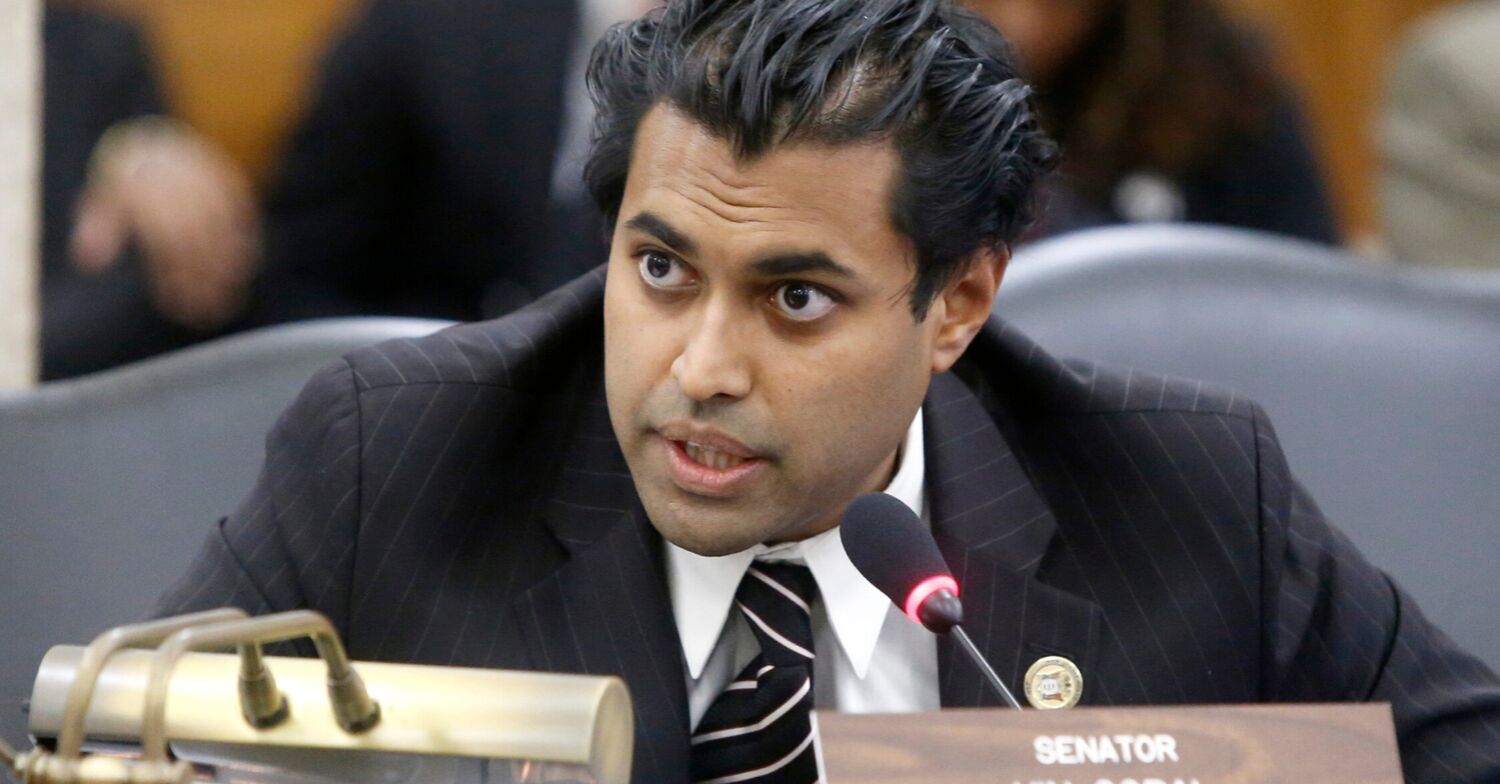
Once Again, These ‘Fiscal Equity’ Lobbyists Futz With Facts To Satisfy a Flawed Premise
February 3, 2022
Senate Education Committee Approves Gopal Bill to Reexamine School Funding Formula
February 4, 2022Update: Murphy’s Education Department Fought the Board and the Board Won
With apologies to The Clash, yesterday was an embarassing one for Gov. Phil Murphy’s Department of Education. At the public meeting of the State Board of Education, DOE leaders failed to convince Board members–scoop here— to agree to a passing score on diploma-qualifying tests signifying that students “partially meet expectations” in 10th grade reading and Algebra tests, a score of 725.
This past December the DOE, with the Board’s non-unanimous approval, changed the definition of a high school diploma from “college and career-ready” to “high school graduation-ready.” But yesterday seven brave Board members refused to settle for mediocrity and voted to amend the resolution prepared by the DOE, setting the passing score at 750, or “meeting expectations.”
After all, shouldn’t NJ high school graduates be able to pass a 10th grade reading assessment and a test for a math course that most of them take in 8th grade?
Here are some additional details that have trickled out in today’s media (Advance Media and NJ Spotlight):
- Leaders of the state teachers union, NJEA, are very unhappy: Spokesman Steve Baker said in an email,
This is a reckless and harmful decision that failed to account for either the needs of students or common sense. It is estimated that the new math cut score alone could result in failure rates of 50% or more, showing how absurd it is as a measure of readiness for graduation.
(Question: What does it mean that teacher union leaders think half of high school graduates will fail an 8th grade math test?)
- It’s not possible to understate the impact of Senator Majority Leader Teresa Ruiz’s surprise appearance at the Board meeting. She is highly regarded as an education expert; until this year she served as Chair of the Senate Education Committee.
“Lowering [the cut scores] … makes me cringe,” said Ruiz. “I think it just lowers our standards.” She continued, “the last thing we want to do is set a trap for students to think they are ready to go onto college and then send them onto a freshman year … woefully unprepared,” pointing to high enrollments in non-credit remedial courses in many colleges.
- Board member Ronald Butcher sided with the DOE, urging colleagues to accept the proferred 725 score:
“This will give us the opportunity to start some place. If we go too high and then have to go to a lower number, the question is how many children did we hurt in going through that process,” he said. “We are caught between a rock and a hard place, and I think we decided to err on the side of caution.” Butcher also insisted that Board member didn’t have the expertise of the DOE leaders and should defer to their judgement: “I really don’t believe as laymen we should be substituting our opinion for experts,” he said.
- Yet DOE leaders, particularly Acting Assistant Superintendent Gilbert Gonzalez (hired by Murphy’s first Commissioner Lamont Repollet in 2019 as a tech guy for assessments, a promotion from his previous job fulfilling Open Public Records requests; does he have any background in psychometrics?) appeared to be less than “experts.”
- Vice President Andrew Mulvihill, who, along with President Kathy Goldenberg, led the charge for a higher bar than “partially meeting expectations,” asked Gonzalez, “How many will you have to get right to score 725?” Gonzalez declined to answer. Mulvihill pressed, “You don’t have to give me an exact number, but to be told that we have no idea how many of these questions that they have to be able get right — like, no idea — give me some sort of idea?” Gonzalez responded, “I cannot answer your question, specifically, with regard to the raw score to scale score conversions.”
- Board member Joseph Ricca, who advocated tabling the issue, said, “It’s really hitting me that many of us don’t have the answers to the questions we are asking.
How about Murphy’s Acting Commisioner Angelica Allen-McMillan? I was told she was there but silent and, therefore, invisible through the Zoom link.
- Also from Mulvilhill: “We need to set expectations higher in this state. We have something like 60-70% of the kids going on to community colleges have to take remediation. We are not getting it right, and I think lowering the score is a mistake.” In response to the DOE’s plea to go with 725 and revisit the issue in September, Mulvihill shot back,“ I don’t think there will be the political will to raise it. What, we are we going to say too many kids are graduating? I don’t think that will happen.”
- Board member and retired educator Marybeth Berry, agreed. “Yes, these are difficult times,” she said, “but let’s aim higher. We have to have the best expectations for our children.”
John Mooney, Spotlight’s Executive Director and Founder, editorialized in his column, “the effective difference between 725 and 750 was never made clear” and “the slight discord over the issue was unusual for a board more used to decisions by consensus.” An important point: “The pandemic’s impact on schooling for all students was not specifically mentioned in the 90 minutes of discussion, but several board members echoed the sentiment that this was not the time to loosen standards.”




